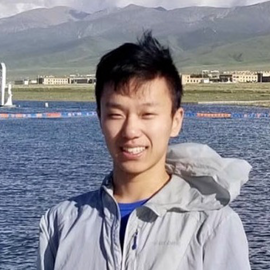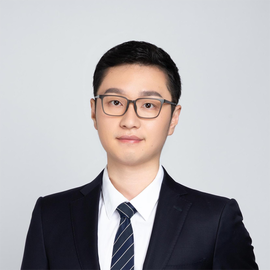Abstract
Wave-particle duality, the cornerstone of quantum mechanics, illustrates essential trade-offs between two complementary aspects of quantum systems. Captured by Bohr's complementarity principle, the wave-particle duality relation indicates that perfect path discrimination in a multipath interferometer obliterates interference patterns and vice versa. In this work, from the perspective of coherence resource manipulation, we uncover a novel duality relation between quantum coherence and distinguishability in ensembles of mutually orthogonal pure states. We demonstrate the sum of “co-bits”, coherence preserved after discrimination, and classical bits, distinguishability extracted through perfect discrimination is bounded. One cannot simultaneously extract all classical information and preserve coherence. Such duality relation exposes an inherent trade-off between quantum coherence and classical distinguishability resources. Our findings offer a fresh perspective and advance our understanding of the intrinsic complementary relationship between quantum and classical resources.
Publication
arXiv:2403.04704

Research Assistant
I obtained my BS in Physics from Nanjing University under the supervision of Prof. Jian Sun. I'm a PhD candidate of Quantum physics in Nanjing University under the supervision of Prof. Zengbing Chen. My research interests include quantum machine learning and quantum information theory.

PhD Student
I obtained my BS in Applied Mathematics from China Agricultural University under the supervision of Prof. Zhencai Shen. I obtained my MS degree in Cyberspace Security from University of Chinese Academy of Sciences under the supervision of Prof. Zhenyu Huang. My research interests include quantum information theory and quantum computation.

Associate Professor
Prof. Xin Wang founded the QuAIR lab at HKUST(Guangzhou) in June 2023. His research primarily focuses on better understanding the limits of information processing with quantum systems and the power of quantum artificial intelligence. Prior to establishing the QuAIR lab, Prof. Wang was a Staff Researcher at the Institute for Quantum Computing at Baidu Research, where he concentrated on quantum computing research and the development of the Baidu Quantum Platform. Notably, he spearheaded the development of Paddle Quantum, a Python library designed for quantum machine learning. From 2018 to 2019, Prof. Wang held the position of Hartree Postdoctoral Fellow at the Joint Center for Quantum Information and Computer Science (QuICS) at the University of Maryland, College Park. He earned his doctorate in quantum information from the University of Technology Sydney in 2018, under the guidance of Prof. Runyao Duan and Prof. Andreas Winter. In 2014, Prof. Wang obtained his B.S. in mathematics (with Wu Yuzhang Honor) from Sichuan University.
 (a) QSD via free operations and (b) duality relation
(a) QSD via free operations and (b) duality relation